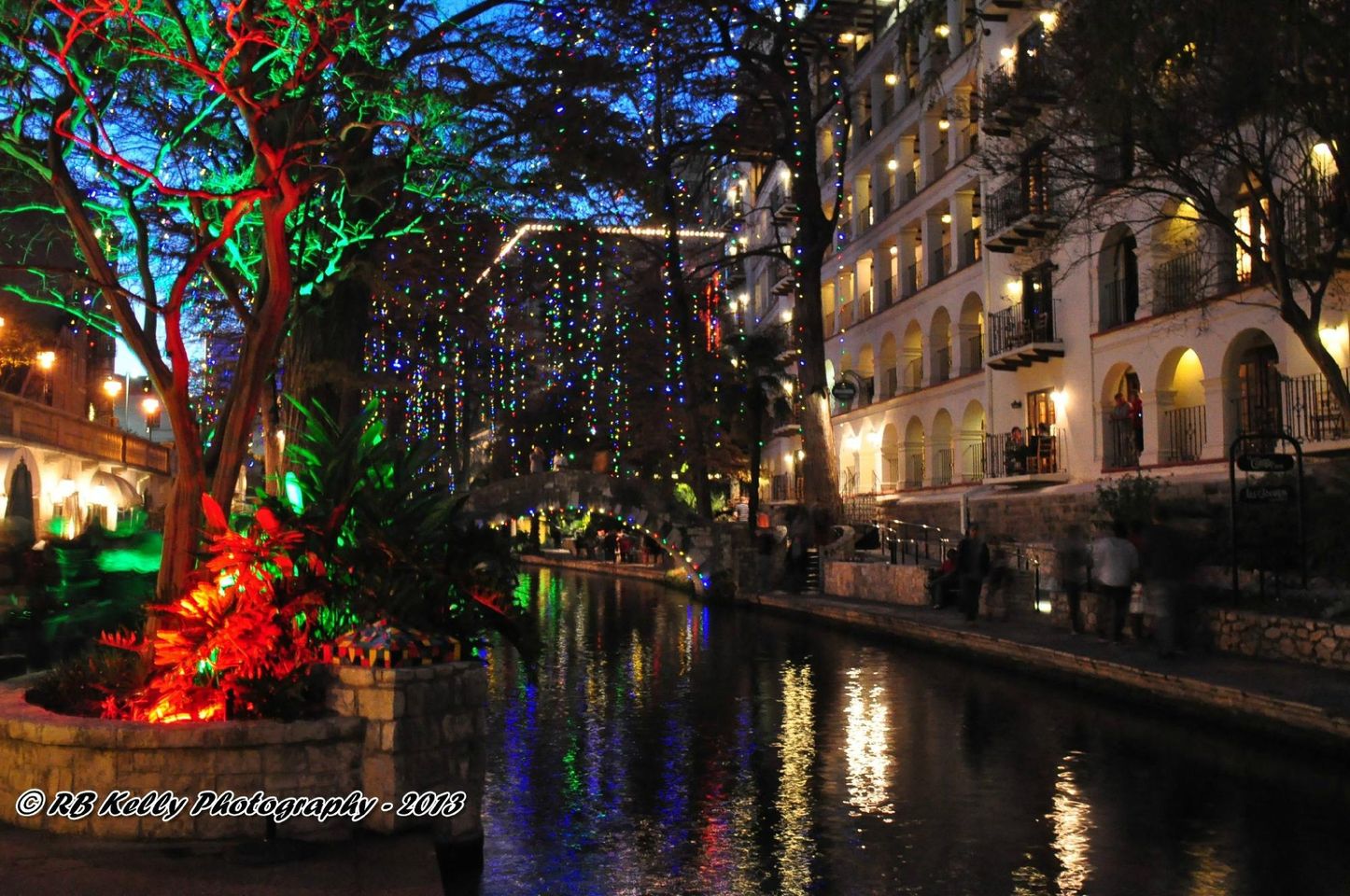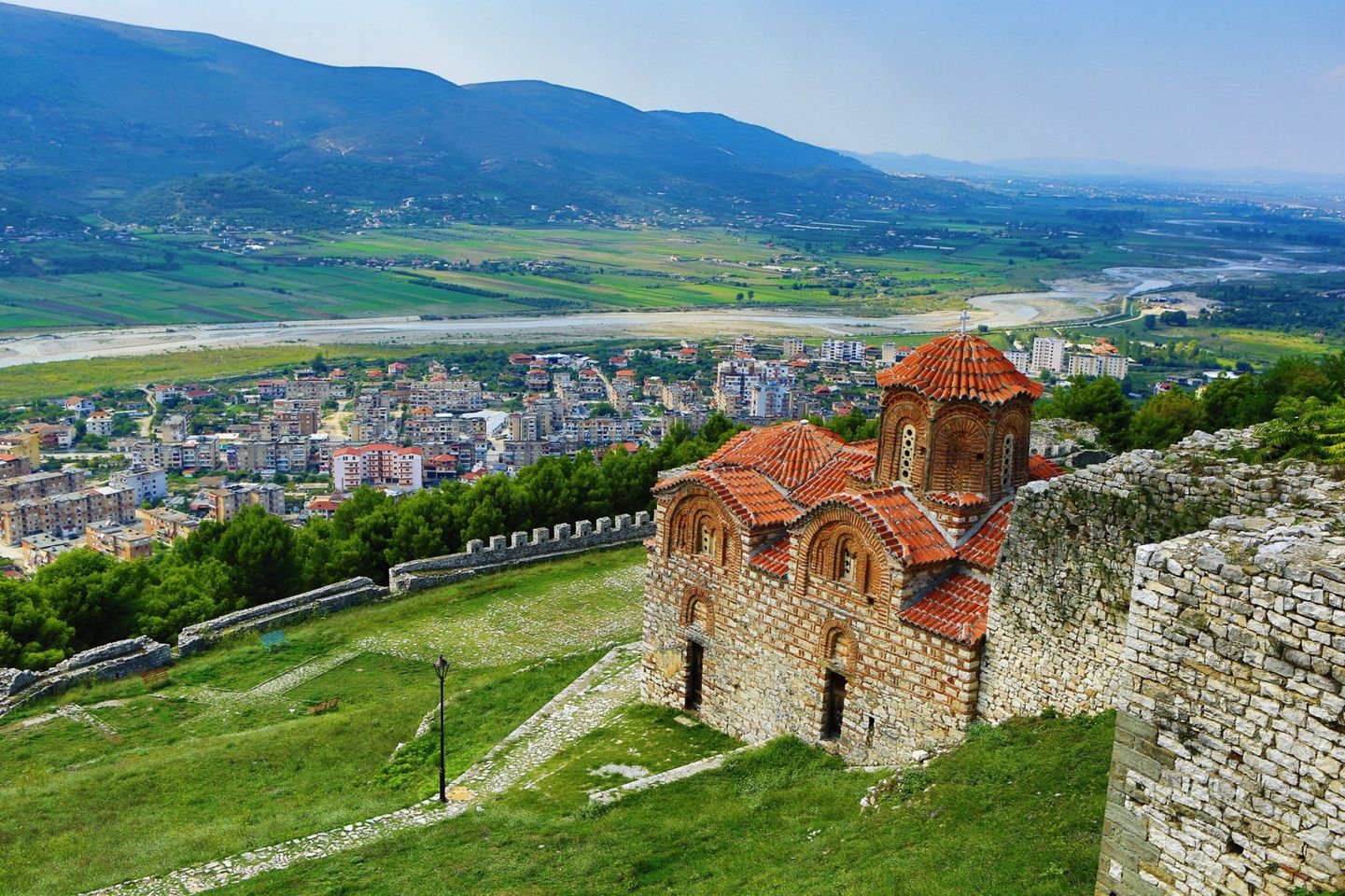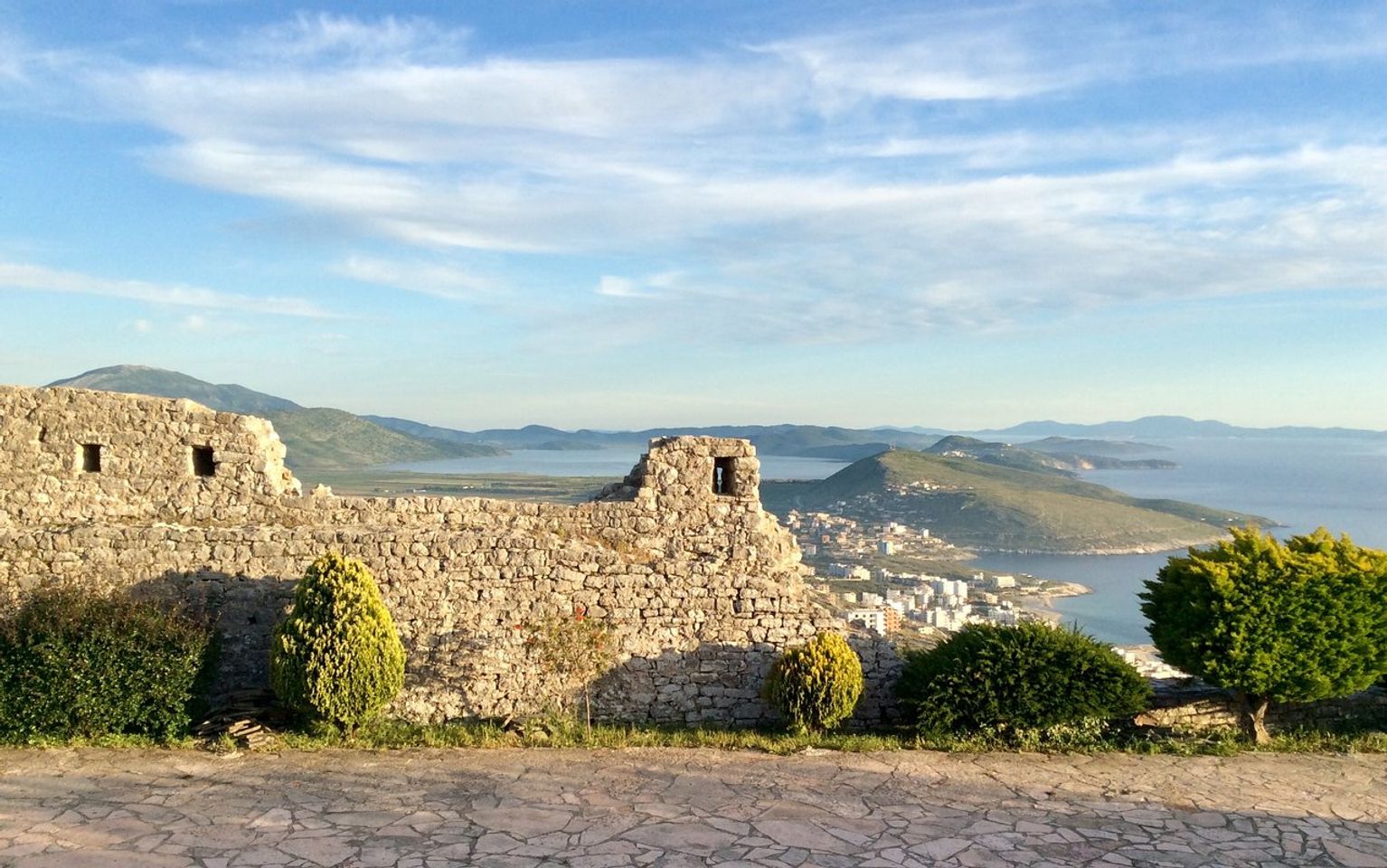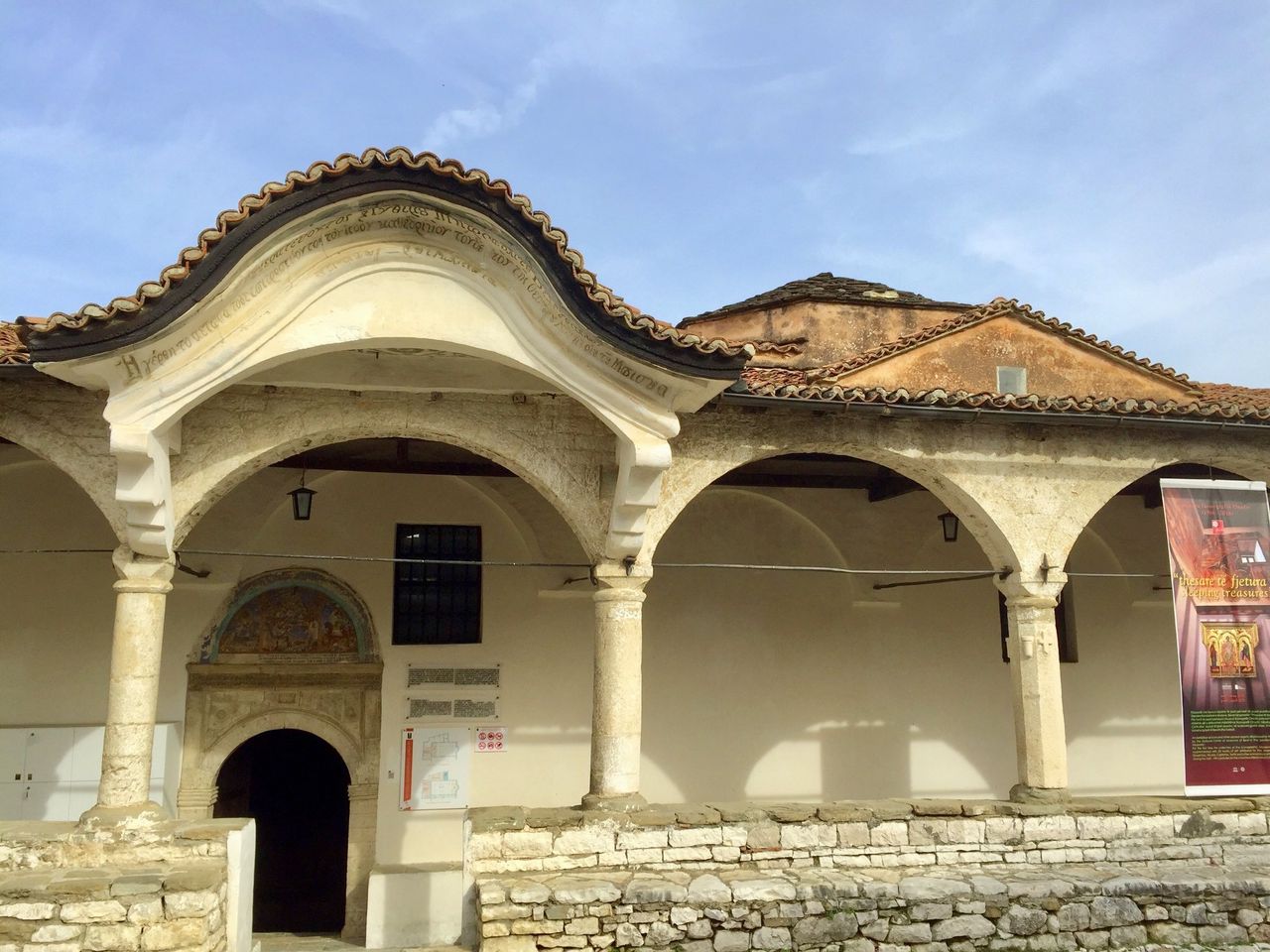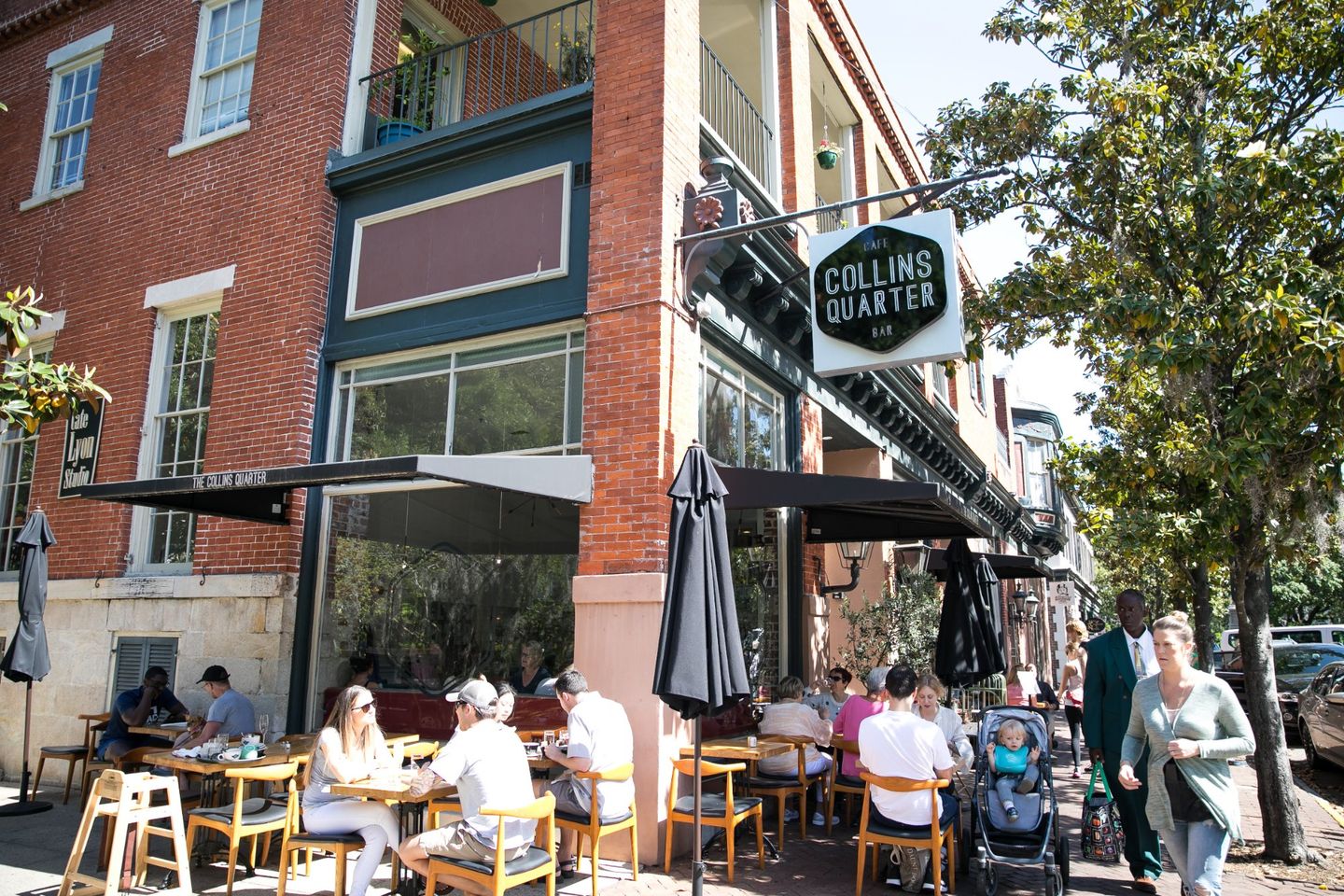Journey into Albanian Culture: Explore Berats Ethnographic Museum
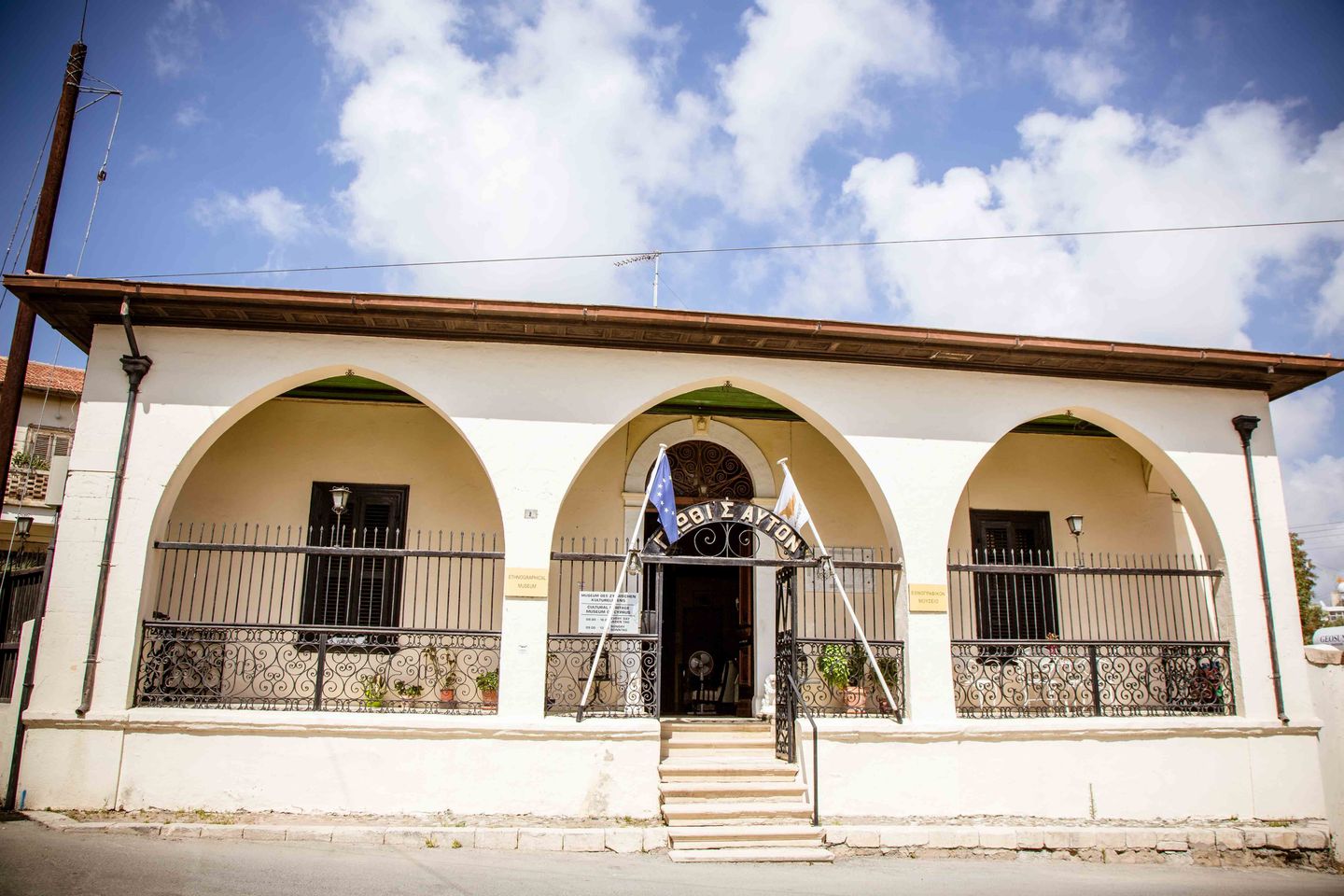
Welcome to the world of the Ethnographic Museum in Berat, Albania. A hidden gem that is often missed by tourists, this museum is a true reflection of the country’s rich culture and history. As we embark on a journey to explore this magnificent museum, you will discover why it is a must-visit attraction in Albania.
Nestled at the heart of Berat’s old town, the Ethnographic Museum is a remarkable showcase of the city’s cultural heritage. The museum’s collection includes over 2000 artefacts, ranging from traditional clothing, musical instruments, weapons, household items, and more. Each piece tells a story of Albania’s past, cultural identity, and diversity.
As we delve deeper into the museum, the intricate details of the exhibits reveal a deep connection between Albanian culture and the Ottoman Empire. It’s impressive to see how the museum captures the essence of the Ottoman style architecture, and how it blends perfectly with Albanian identity. Overall, the Ethnographic Museum in Berat is a perfect destination for history and culture enthusiasts who want to genuinely experience Albania’s uniqueness. Click here to access the complete city guide for Berat.
History and architecture of the Ethnographic Museum
When visiting the Ethnographic Museum in Berat, Albania, we cannot help but marvel at the rich history and awe-inspiring architecture that surrounds us. This museum is a testament to the country’s cultural heritage and traditions, providing a unique opportunity to step back in time and witness the way of life of the Albanian people throughout the centuries.
The museum’s architecture is a blend of Ottoman and Albanian styles, reflecting the country’s unique blend of cultures and influences. The building’s exterior is adorned with intricate designs and patterns, which are a testament to the skill and craftsmanship of Albanian artisans.
Inside, visitors are treated to a vast collection of artifacts and exhibits, which further showcase Albania’s fascinating history and traditions. From centuries-old tools and implements to intricate traditional costumes and jewels, the Ethnographic Museum is a treasure trove of cultural heritage that cannot be missed. Overall, a visit to the Ethnographic Museum in Berat is an unforgettable experience that will leave visitors in awe of Albania’s unique cultural history and architectural traditions.
Traditional Albanian culture and artifacts on display
We cannot emphasize enough how important it is to experience traditional Albanian culture, and there’s no better way to do so than by visiting the Ethnographic Museum in Berat. When visiting this museum, you will be struck by the rich history of Albanian culture and tradition that has been preserved through various artifacts.
From the intricate traditional costumes to the beautifully handcrafted pottery, one can truly appreciate the skill and artistry that went into creating these artifacts. It’s remarkable to consider the painstaking attention to detail that was required to produce these pieces, some of which are centuries old.
But it’s not just the craftsmanship that’s impressive. The artifacts on display at the Ethnographic Museum in Berat also offer a window into the daily lives of Albanian people in earlier times. For instance, the exhibits include tools and implements used for farming, cooking and various other household activities. By exploring these artifacts and learning more about the customs and traditions of the Albanian people, visitors to this museum gain a greater appreciation for what it means to be Albanian.
Cultural significance of the museum for Berat and Albania
As we step into the Discover the Ethnographic Museum in Berat, one cannot help but marvel at the rich cultural heritage that Albania has to offer. The museum exudes a deep sense of pride and nostalgia for the ancient traditions that have been preserved for generations. It serves as a time capsule of sorts, taking us back in time to explore the lives of our ancestors and the customs that have shaped our identity.
We firmly believe that museums like this play a critical role in preserving our cultural heritage and educating future generations. They act as a bridge between the past and present, providing a window into the rich tapestry of our history. Moreover, they play a crucial role in promoting tourism and economic development, attracting visitors from around the world to explore the unique culture and traditions that each country has to offer.
In conclusion, the Discover the Ethnographic Museum in Berat is a vital cultural institution that is an essential part of Albania’s rich history and heritage. It reminds us of the importance of preserving our traditions, customs, and cultural values for future generations. As we continue to explore the museum’s exhibits, we are reminded of the critical role that cultural institutions play in shaping our understanding of ourselves and the world around us.
Conclusion
In conclusion, the Ethnographic Museum in Berat Albania is an essential destination for anyone interested in learning about the country’s rich cultural heritage. From the traditional clothing to the household utensils, the museum is a treasure trove of artifacts that give us a glimpse into the daily lives of Albanians in the past. We cannot overemphasize the importance of preserving such a valuable part of our history, and the museum is doing an excellent job.
Visiting the museum is not only a chance to see Albanian culture on display; it’s also an opportunity to connect with it in a more personal way. By delving deeper into the symbolism behind the different objects on display, we can gain a better understanding of the people who created and used them. In a world where globalization often threatens to homogenize cultures, it’s essential to appreciate and celebrate cultural diversity.
Overall, the Ethnographic Museum in Berat Albania is a beautiful tribute to Albanian history and traditions and a must-visit for anyone traveling to the country. We hope that it will continue to inspire future generations to value and preserve our cultural heritage for many years to come.

